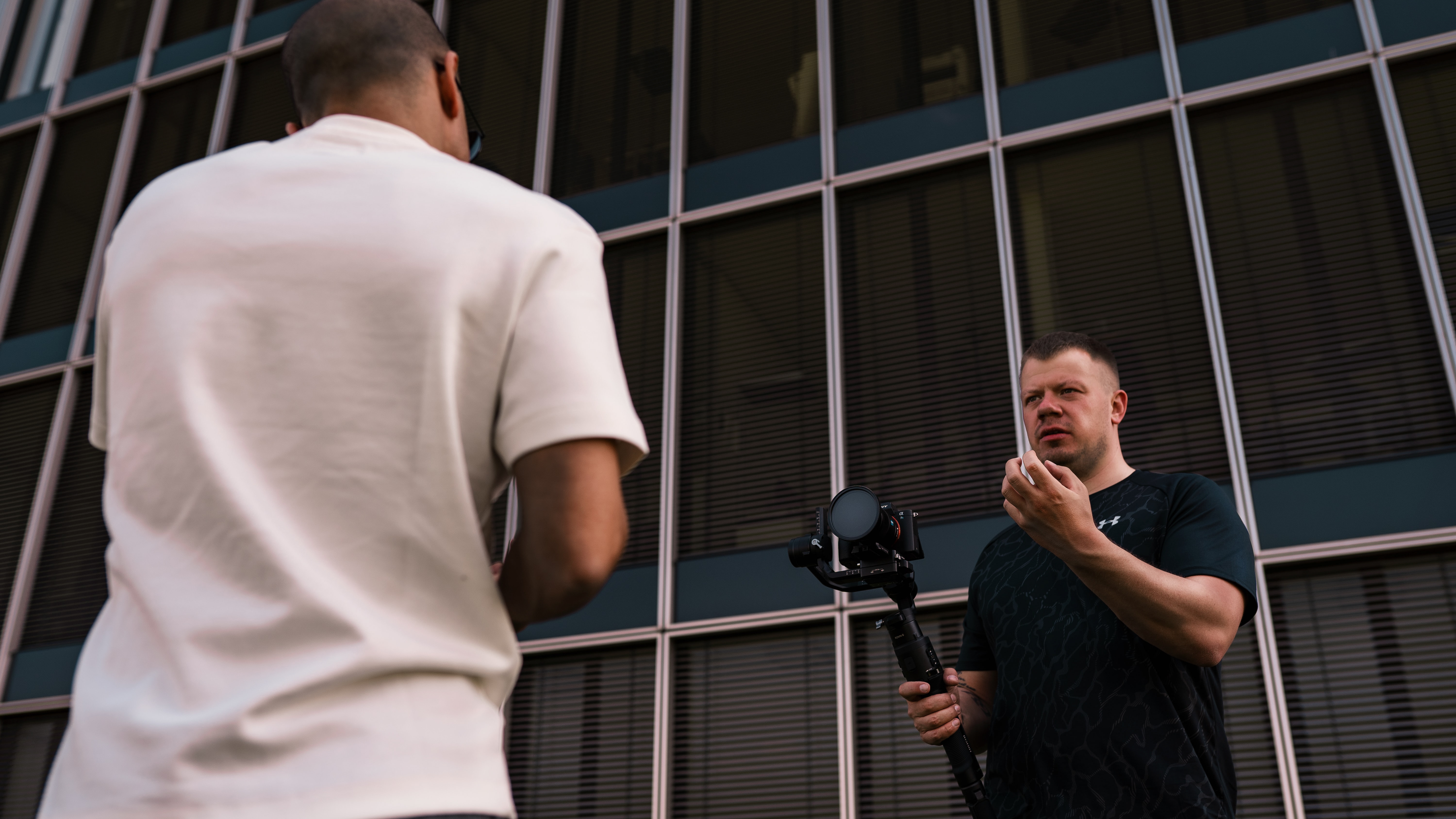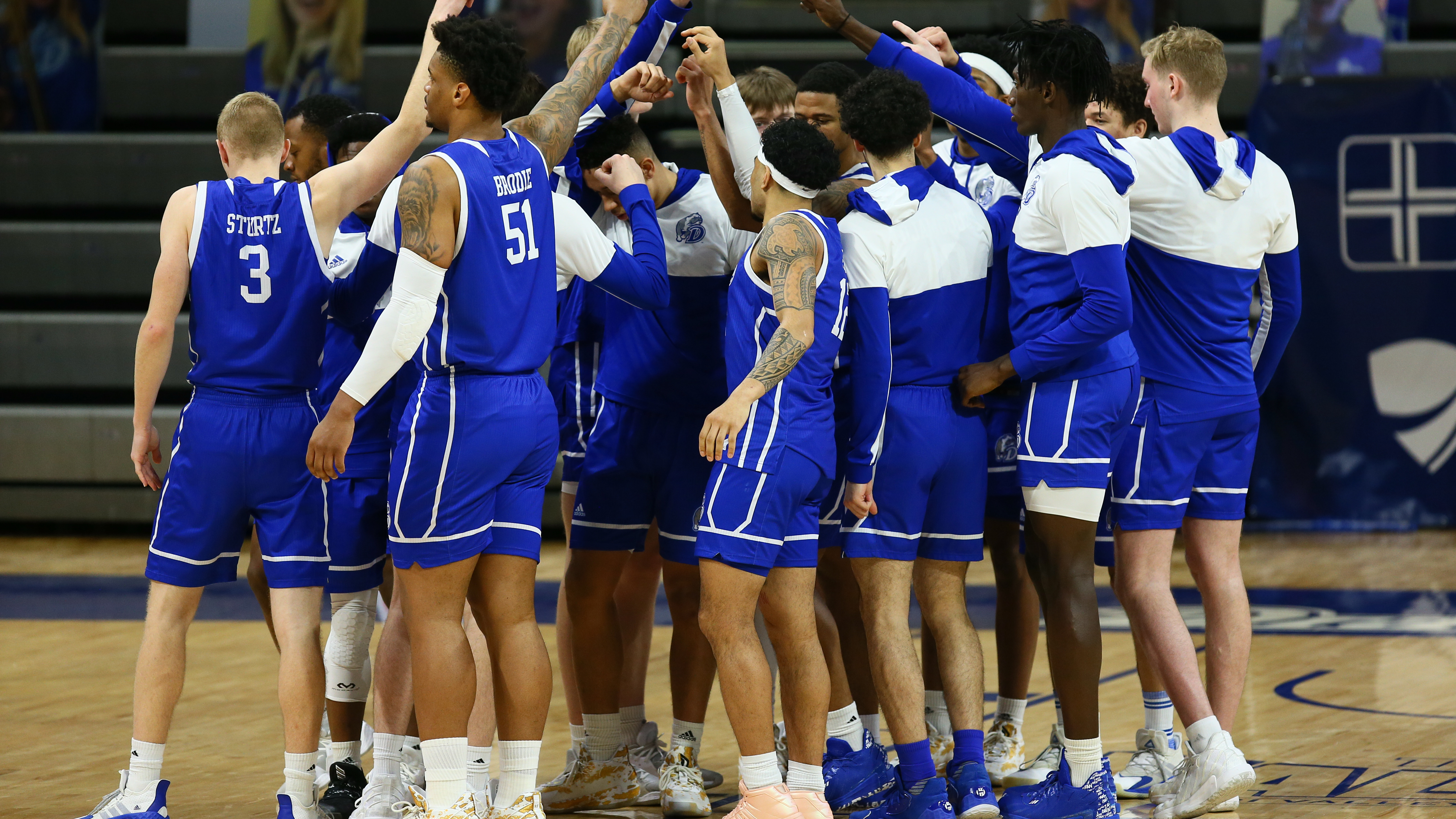CORONAVIRUS SHOCKS THE SPORTS INDUSTRY, A SERIES (3)
REPORTING + WRITING
How are big media companies maintaining finances?
The COVID-19 virus has ravaged global economic systems, resulting in high unemployment, ripples in the stock market and significant wage cuts. In fact, according to the New York Times, approximately 13 percent of the world is currently unemployed, the highest rate since the Great Recession in 2009. The sporting industry is one of the millions of companies worldwide struggling to combat falling market trends.
“I have no doubt in my mind we’ll return to normal. The question is when,” said Len Elmore, senior lecturer in sports management at Columbia University, in an interview with Ad Week. “That means real business acumen on how to deal with the losses.”
The NCAA, in particular, has taken one of the hardest hits. With the organization’s revenue coming primarily from TV and marketing rights, the cancellation of its sporting events and the widely watched March Madness basketball tournaments have cut the NCAA’s budget in half. As a result, the NCAA board of governors voted unanimously March 12 to distribute only $225 million to Division I schools in June, less than half of its planned $600 million.
“A significant portion of the revenue the NCAA collects and shares with the member institutions is from rights fees associated with March Madness,” said Brian Hardin, director of athletics at Drake University. “Because of the cancellation of this year’s NCAA men’s basketball tournament, those funds were not paid from CBS/Turner Sports to the NCAA. Therefore, the revenue distribution to NCAA member institutions was significantly less than past years.”
Without the funds, collegiate athletic programs are beginning to see a decline in revenue.
“The biggest sources of revenue that impact Drake athletics is the NCAA distribution connected to the cancellation of March Madness, the postponement of the Drake Relays and potential donations that won’t be realized due the downturn of the economy,” Harding said.
In addition to collegiate athletics, the professional sports world has also seen a significant decline in revenue. Each day without live sporting events, broadcasting networks and professional sports leagues are losing thousands of dollars.
“As our normal way of life and doing business has been dramatically disrupted, so has the entire media industry, including advertising budgets,” said James Heckman, CEO of Maven Media Brands in a released statement. “While our unique visitors, engagement, video views, and partner signings are growing efficiently, the industry is seeing a dramatic pullback in budgets and a 40 percent decrease in programmatic CPMs. Major events such as March Madness and the Olympic Games, as well as entire sports seasons, have been lost.”
Maven Media Brands, who own the licensing rights to Sports Illustrated, announced March 30 a staff reduction of 31 people, a 30 percent cut in senior management compensation and accelerated efficiencies in non-payroll expenses. The company has also secured a $12 million line of credit from B. Riley Financial.
“After consulting senior agency executives and analyzing pricing data across the industry and Maven’s 300 media properties, reluctantly, but appropriately, we’re taking decisive steps to ensure stability and long-term sustainability by reducing our annual operating budget by $19 million dollars,” Heckman said in the statement.
The consistent decline in business has reduced funding and employment rates in the sports industry and worldwide. While there is no clear end to the quarantine in sight, business professionals are being forced to turn to online platforms and to make drastic employee cuts in order to maintain financial stability.








